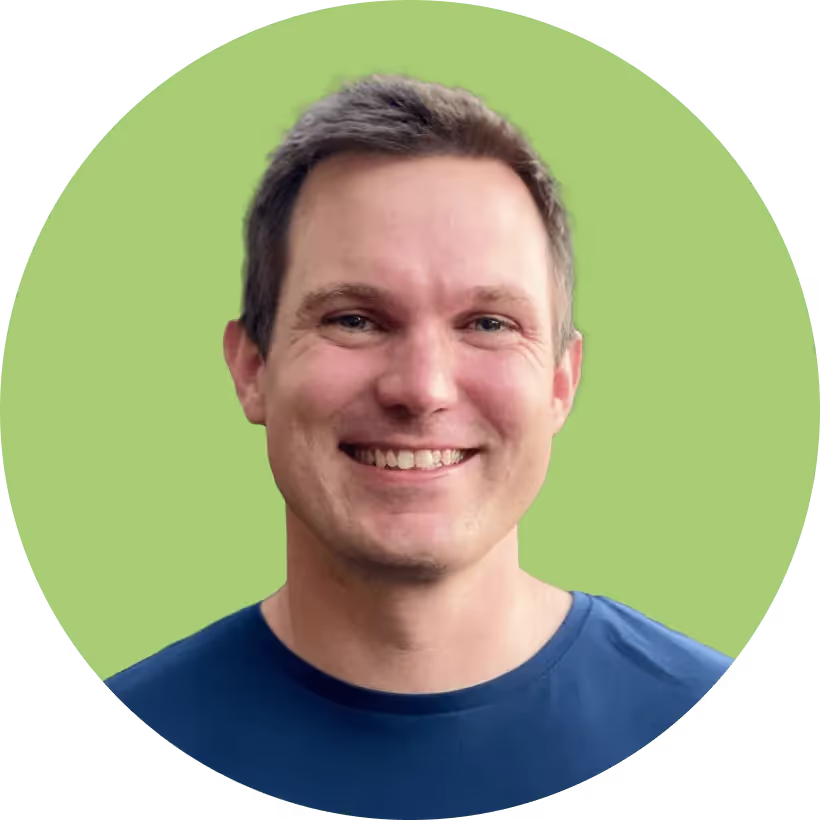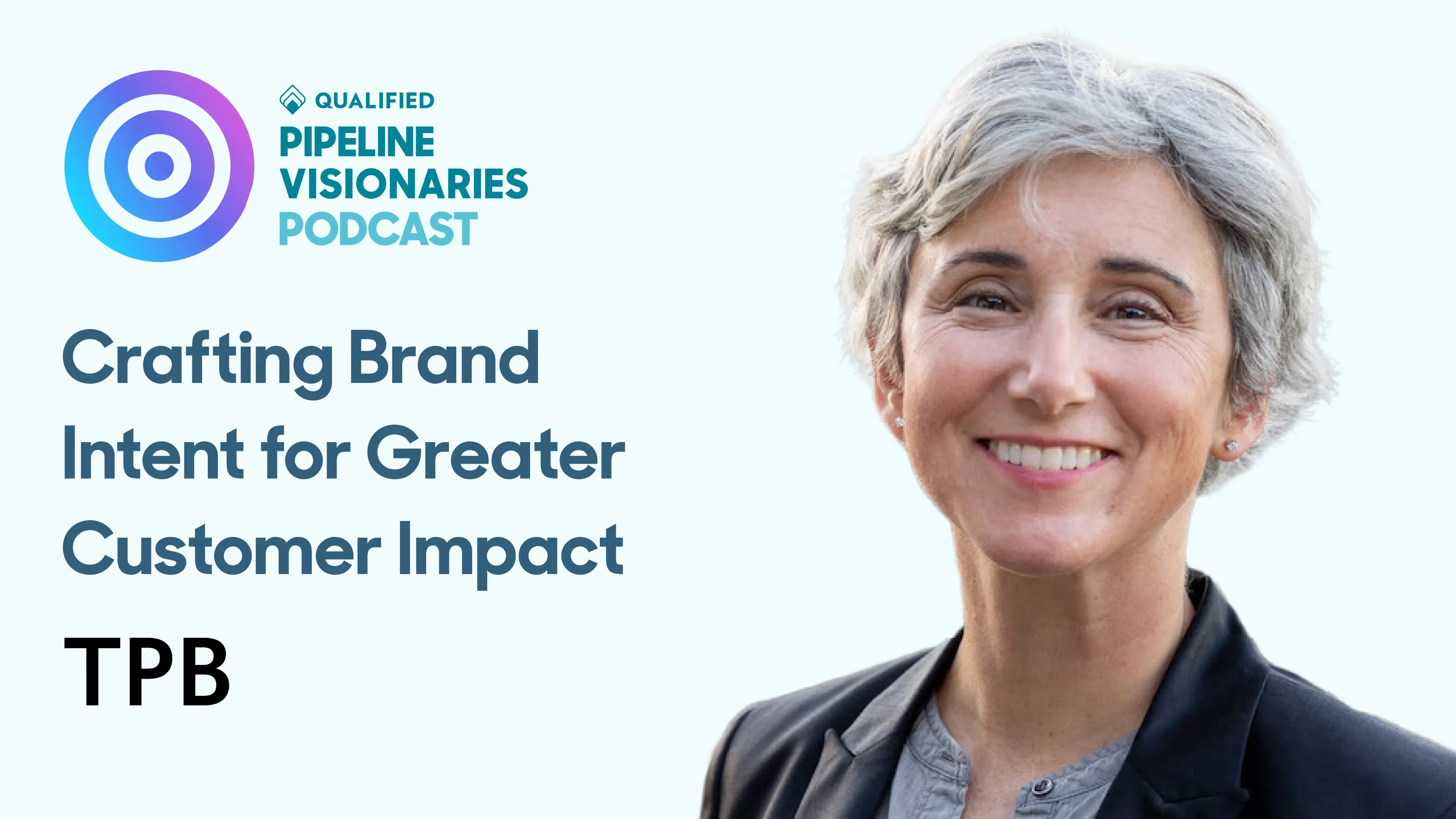Crafting Brand Intent for Greater Customer Impact
Rachel Konrad, Chief Brand Officer at The Production Board, shares her mission for crafting brand intent first and foremost in order to make greater customer impact.




Rachel Konrad, Chief Brand Officer at The Production Board, shares her mission for crafting brand intent first and foremost in order to make greater customer impact.

This episode features an interview with Rachel Konrad, Chief Brand Officer at The Production Board, a holding company established to solve the most fundamental problems that affect our planet, by reimagining global systems of production across food, agriculture, biomanufacturing, human health and the broader life sciences.
In this episode, Rachel shares with us her take on conventional marketing, why the most disruptive companies are the ones who think from a tech and marketing perspective, and the need to throw out the incumbent’s chess board and play your own game. Rachel also shares her mission for crafting brand intent first and foremost in order to make greater customer impact.
Key Takeaways:
Stay up to date with weekly drops of fresh B2B marketing and sales content.
Rachel Konrad, Chief Brand Officer at The Production Board, shares her mission for crafting brand intent first and foremost in order to make greater customer impact.


This episode features an interview with Rachel Konrad, Chief Brand Officer at The Production Board, a holding company established to solve the most fundamental problems that affect our planet, by reimagining global systems of production across food, agriculture, biomanufacturing, human health and the broader life sciences.
In this episode, Rachel shares with us her take on conventional marketing, why the most disruptive companies are the ones who think from a tech and marketing perspective, and the need to throw out the incumbent’s chess board and play your own game. Rachel also shares her mission for crafting brand intent first and foremost in order to make greater customer impact.
Key Takeaways:
Stay up to date with weekly drops of fresh B2B marketing and sales content.
Rachel Konrad, Chief Brand Officer at The Production Board, shares her mission for crafting brand intent first and foremost in order to make greater customer impact.


This episode features an interview with Rachel Konrad, Chief Brand Officer at The Production Board, a holding company established to solve the most fundamental problems that affect our planet, by reimagining global systems of production across food, agriculture, biomanufacturing, human health and the broader life sciences.
In this episode, Rachel shares with us her take on conventional marketing, why the most disruptive companies are the ones who think from a tech and marketing perspective, and the need to throw out the incumbent’s chess board and play your own game. Rachel also shares her mission for crafting brand intent first and foremost in order to make greater customer impact.
Key Takeaways:
Stay up to date with weekly drops of fresh B2B marketing and sales content.
Rachel Konrad, Chief Brand Officer at The Production Board, shares her mission for crafting brand intent first and foremost in order to make greater customer impact.



This episode features an interview with Rachel Konrad, Chief Brand Officer at The Production Board, a holding company established to solve the most fundamental problems that affect our planet, by reimagining global systems of production across food, agriculture, biomanufacturing, human health and the broader life sciences.
In this episode, Rachel shares with us her take on conventional marketing, why the most disruptive companies are the ones who think from a tech and marketing perspective, and the need to throw out the incumbent’s chess board and play your own game. Rachel also shares her mission for crafting brand intent first and foremost in order to make greater customer impact.
Key Takeaways:
Discover how we can help you convert more prospects into pipeline–right from your website.